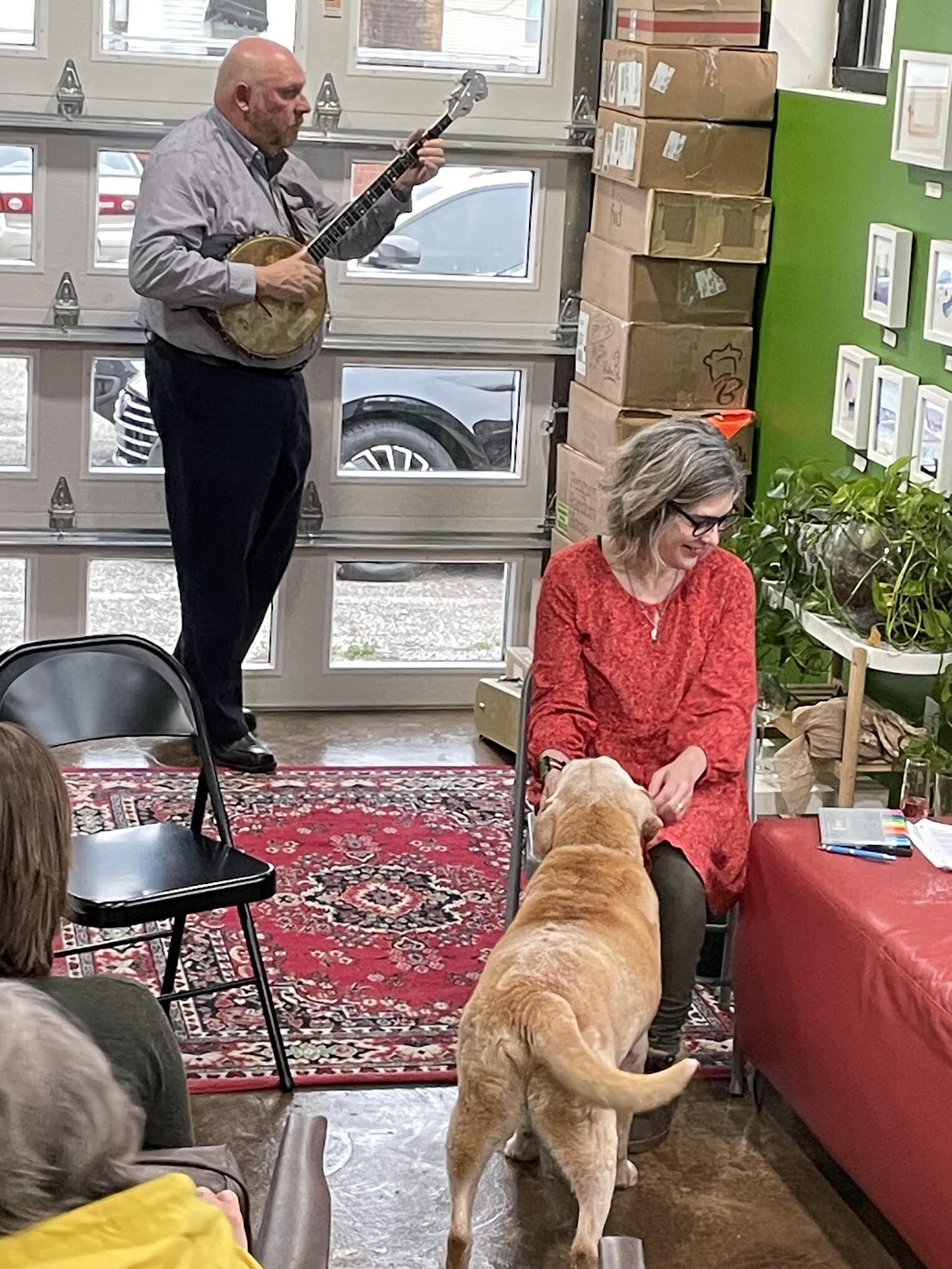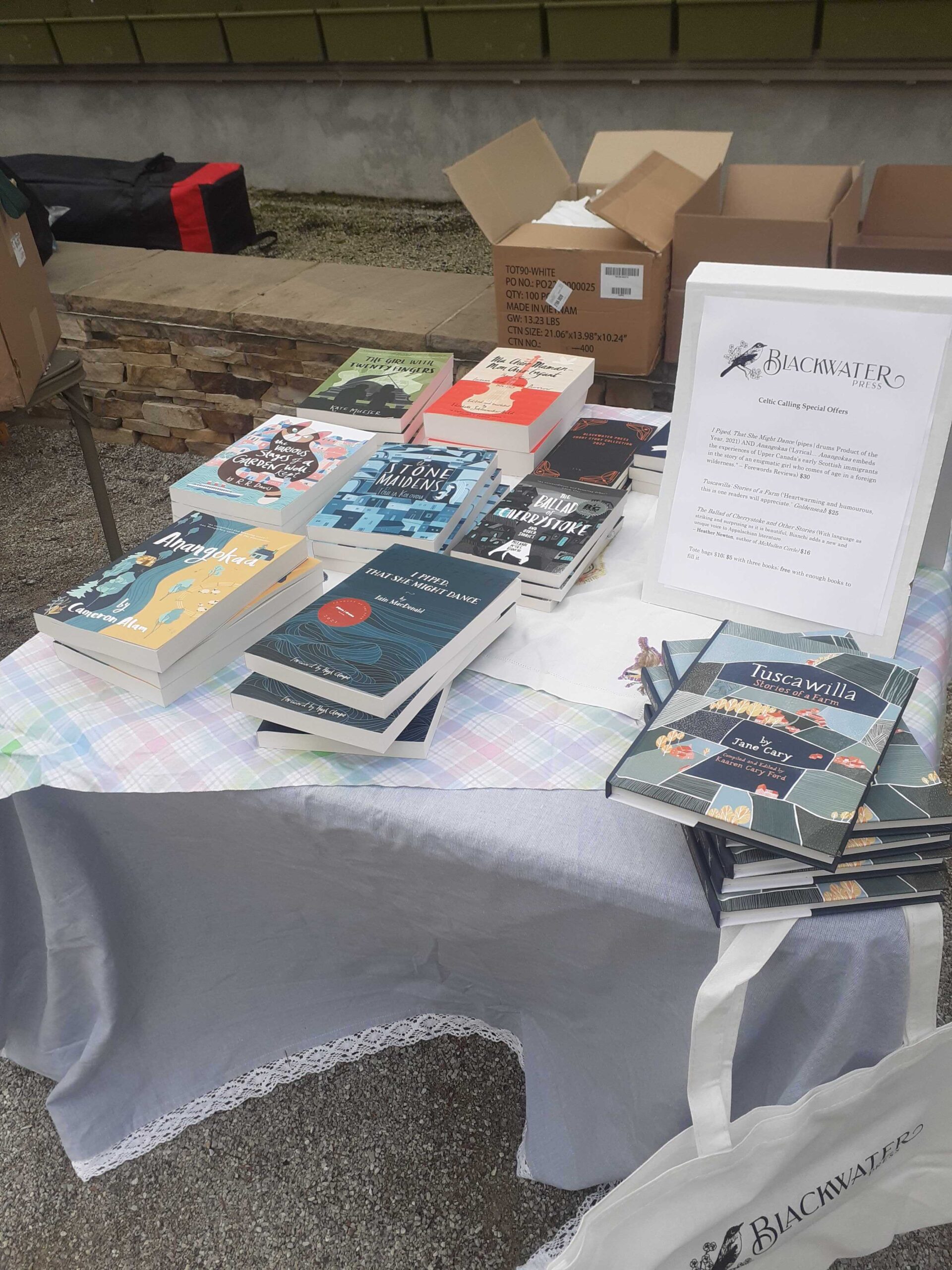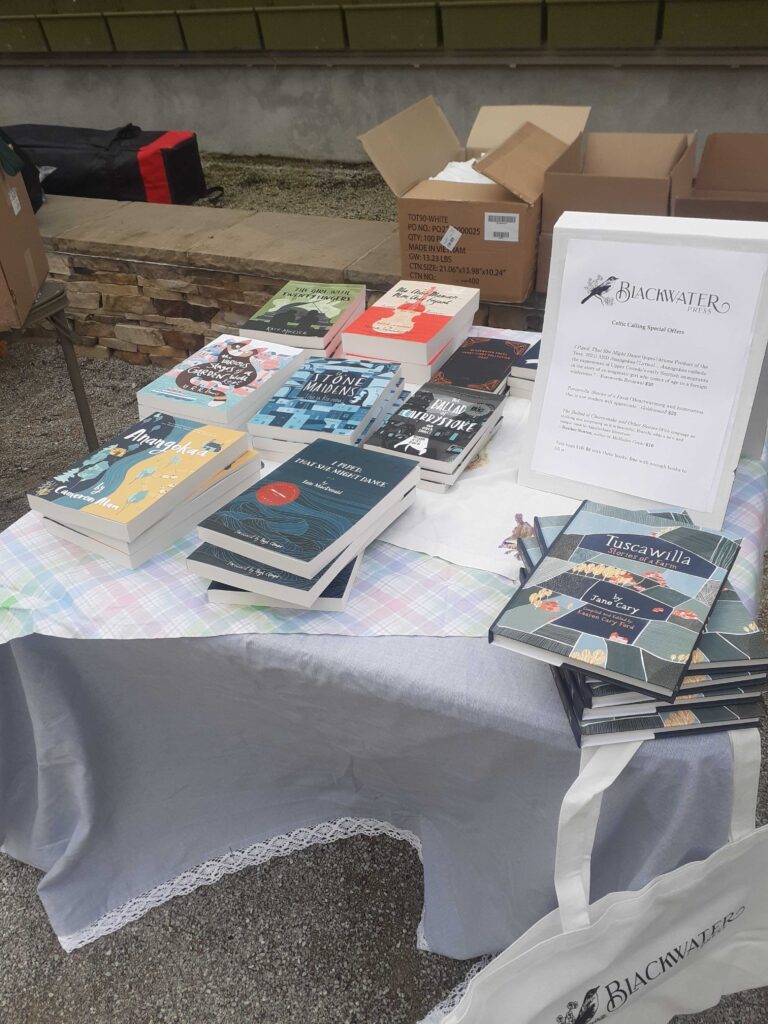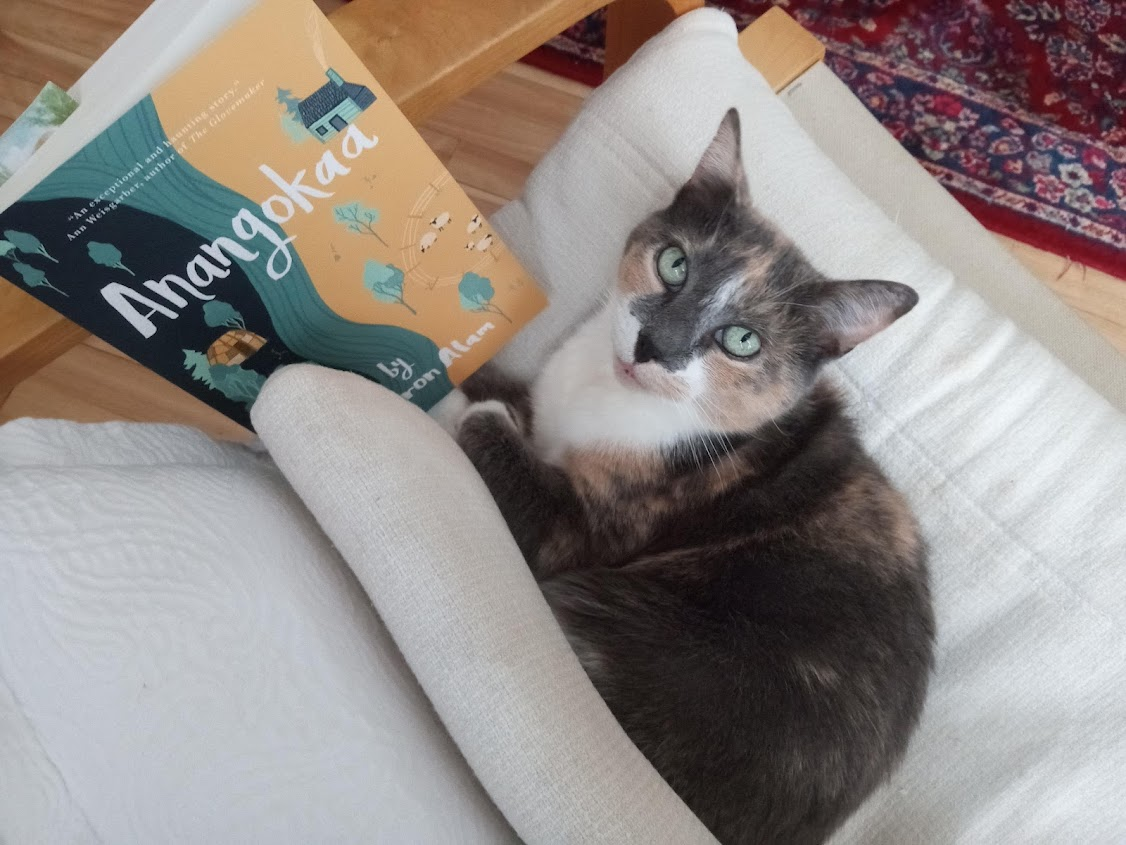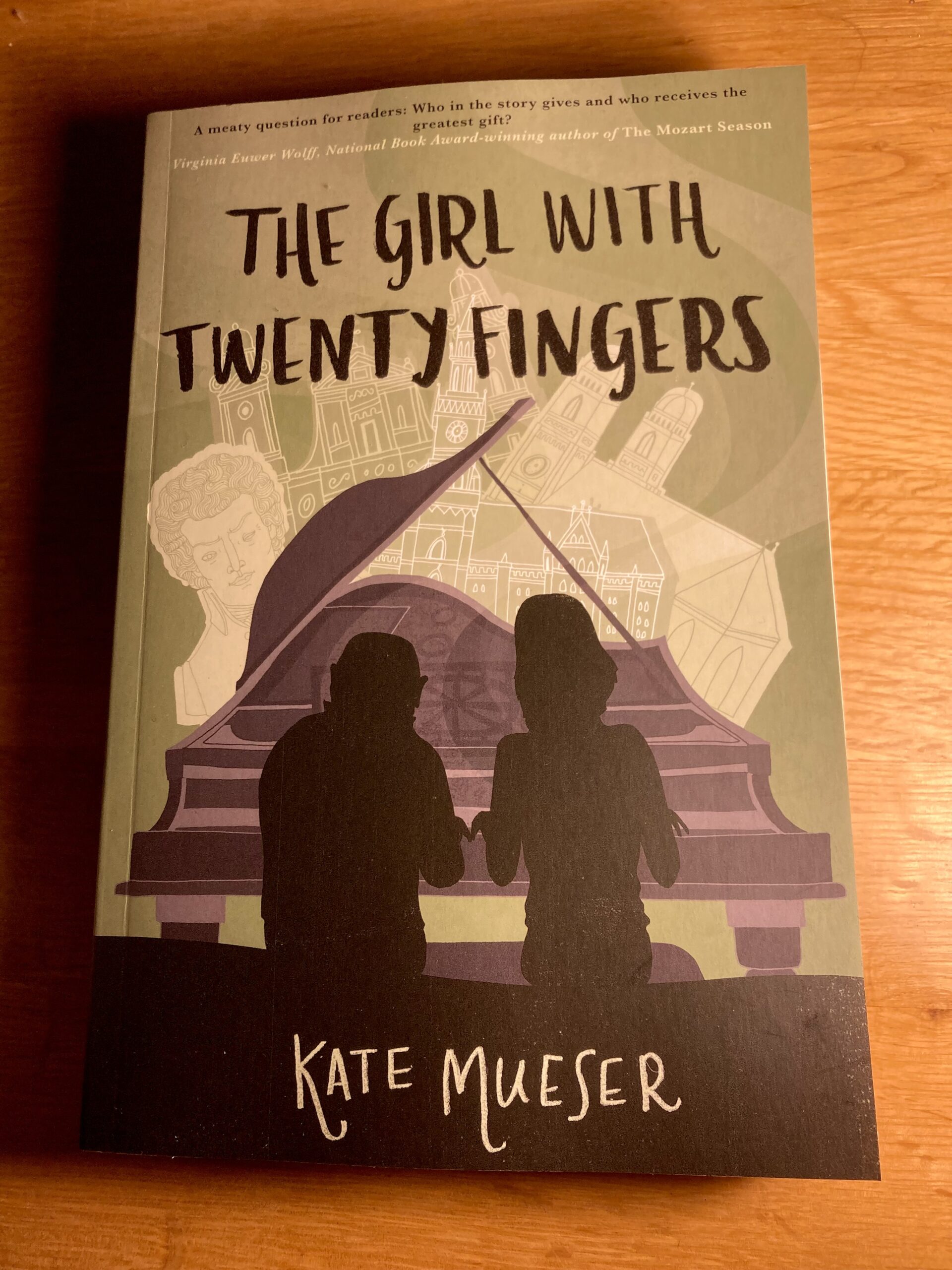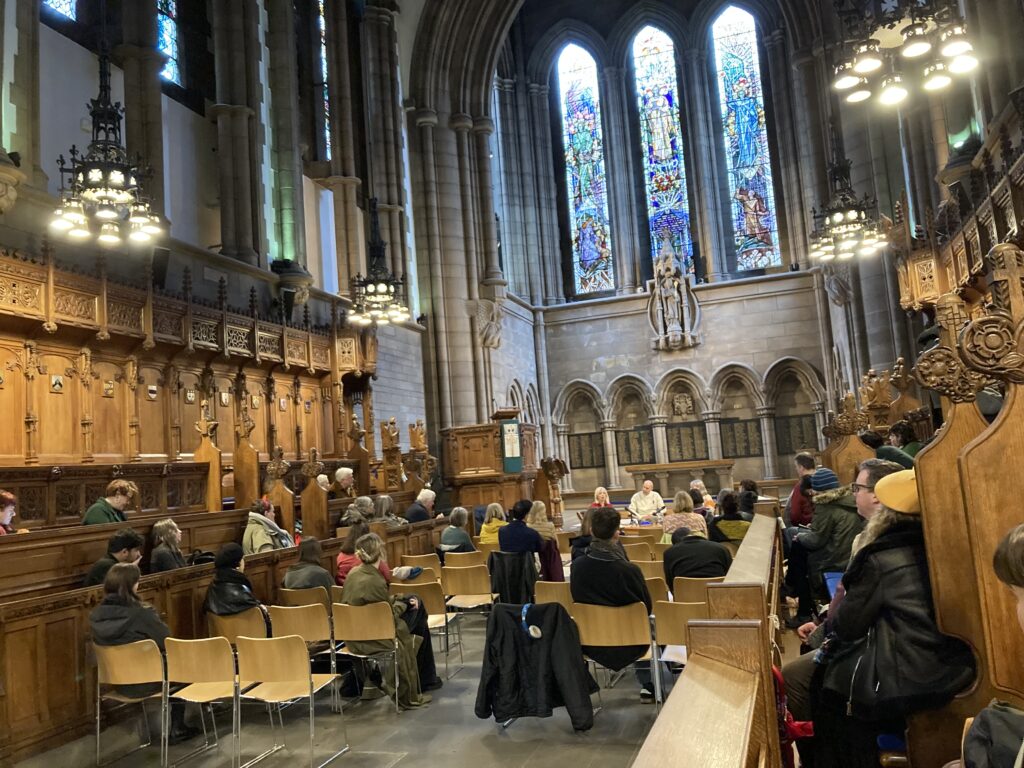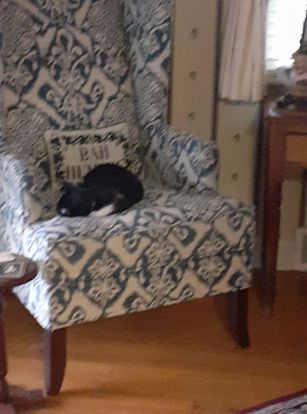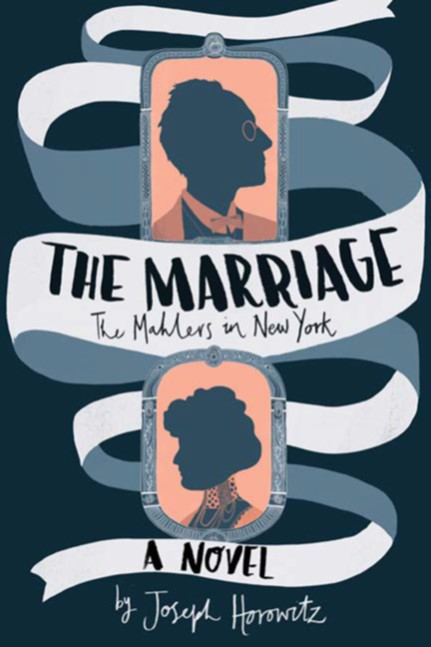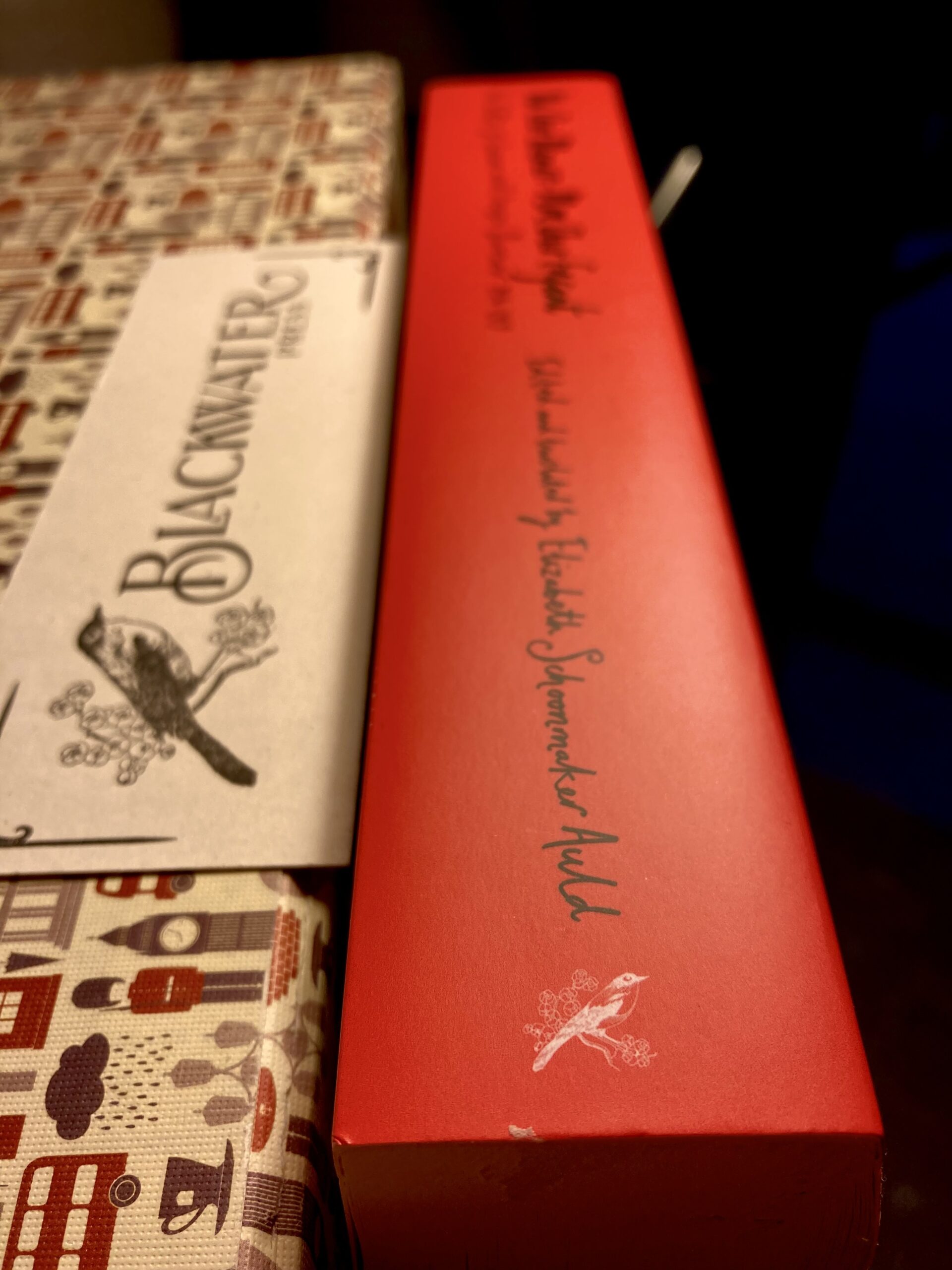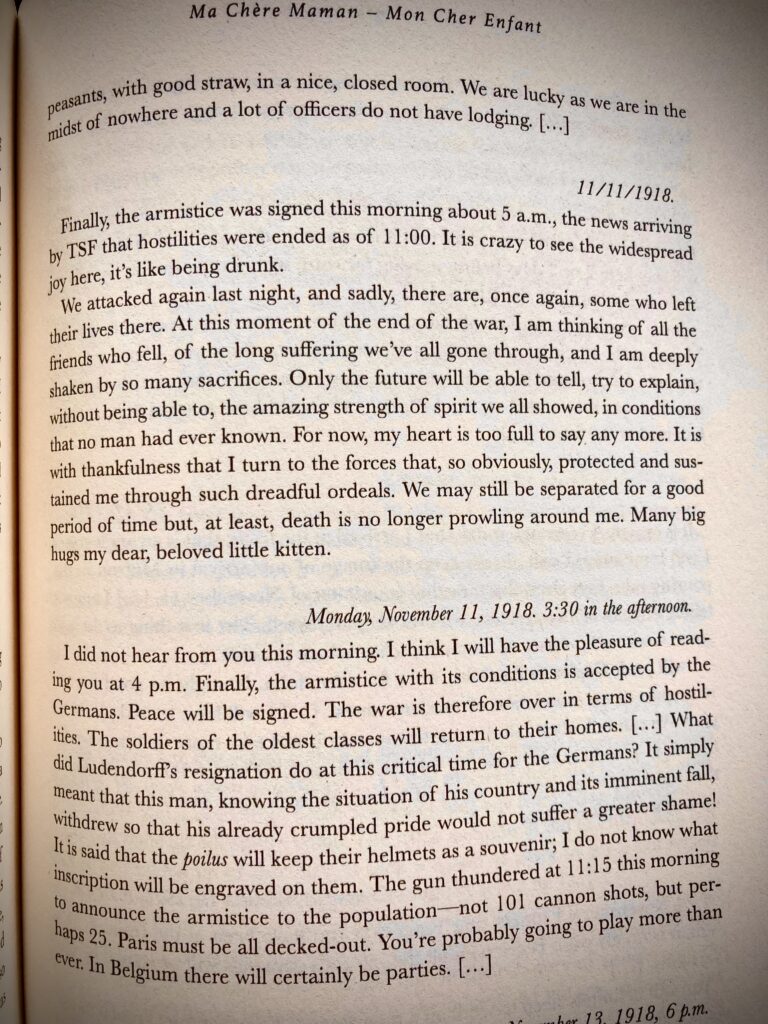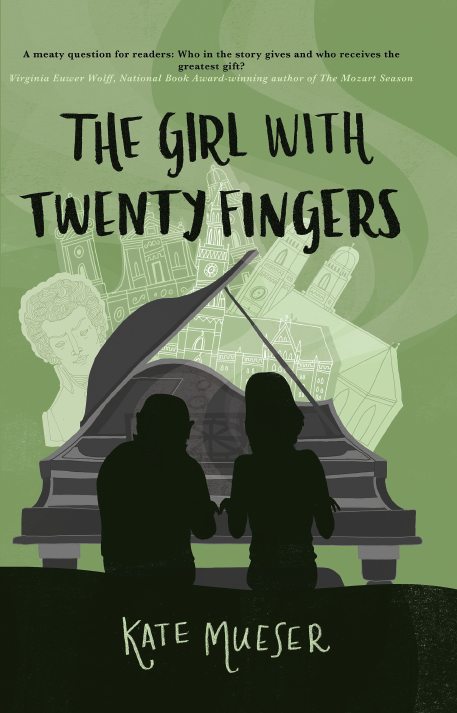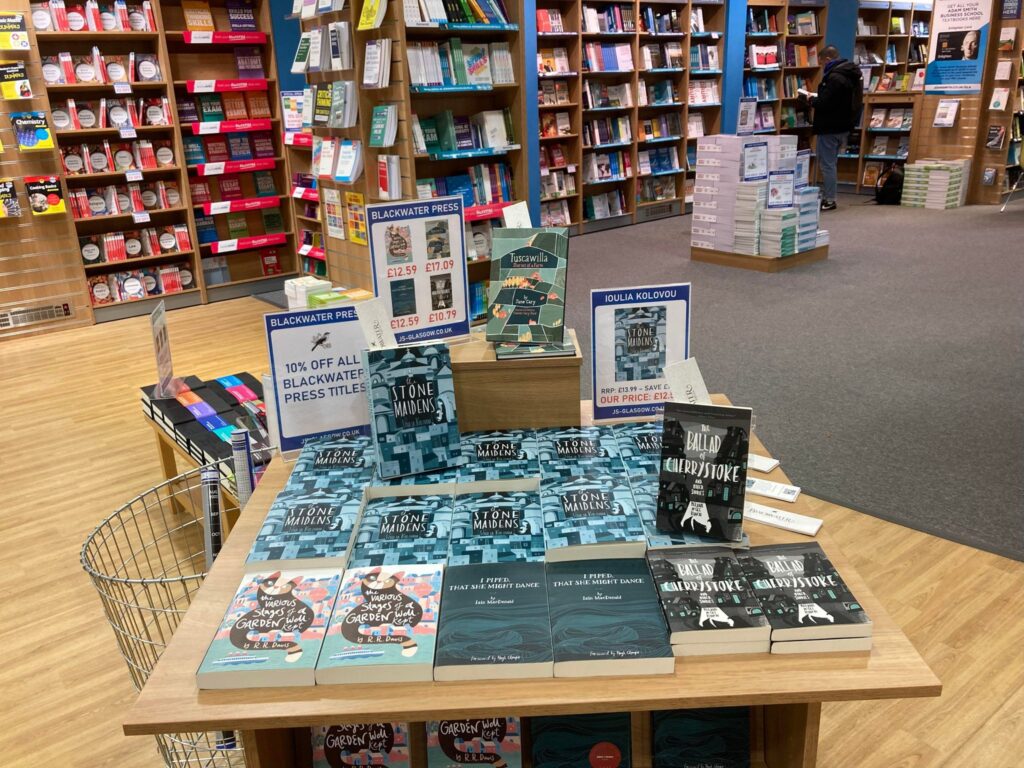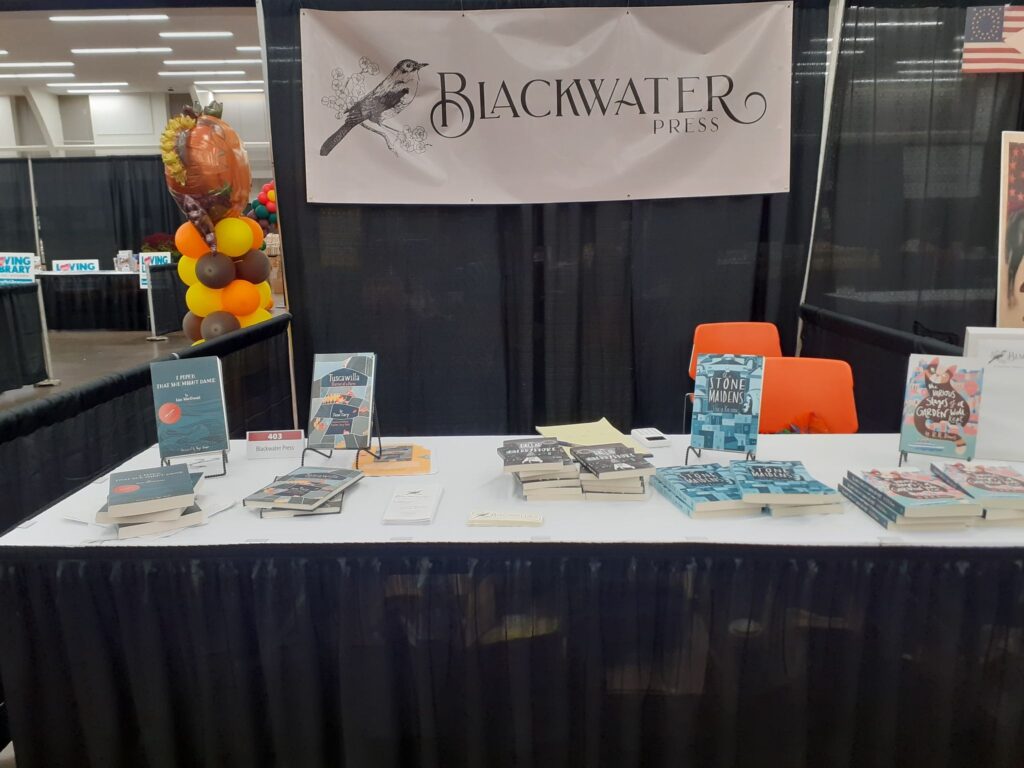Your basket is currently empty!
Author: admin
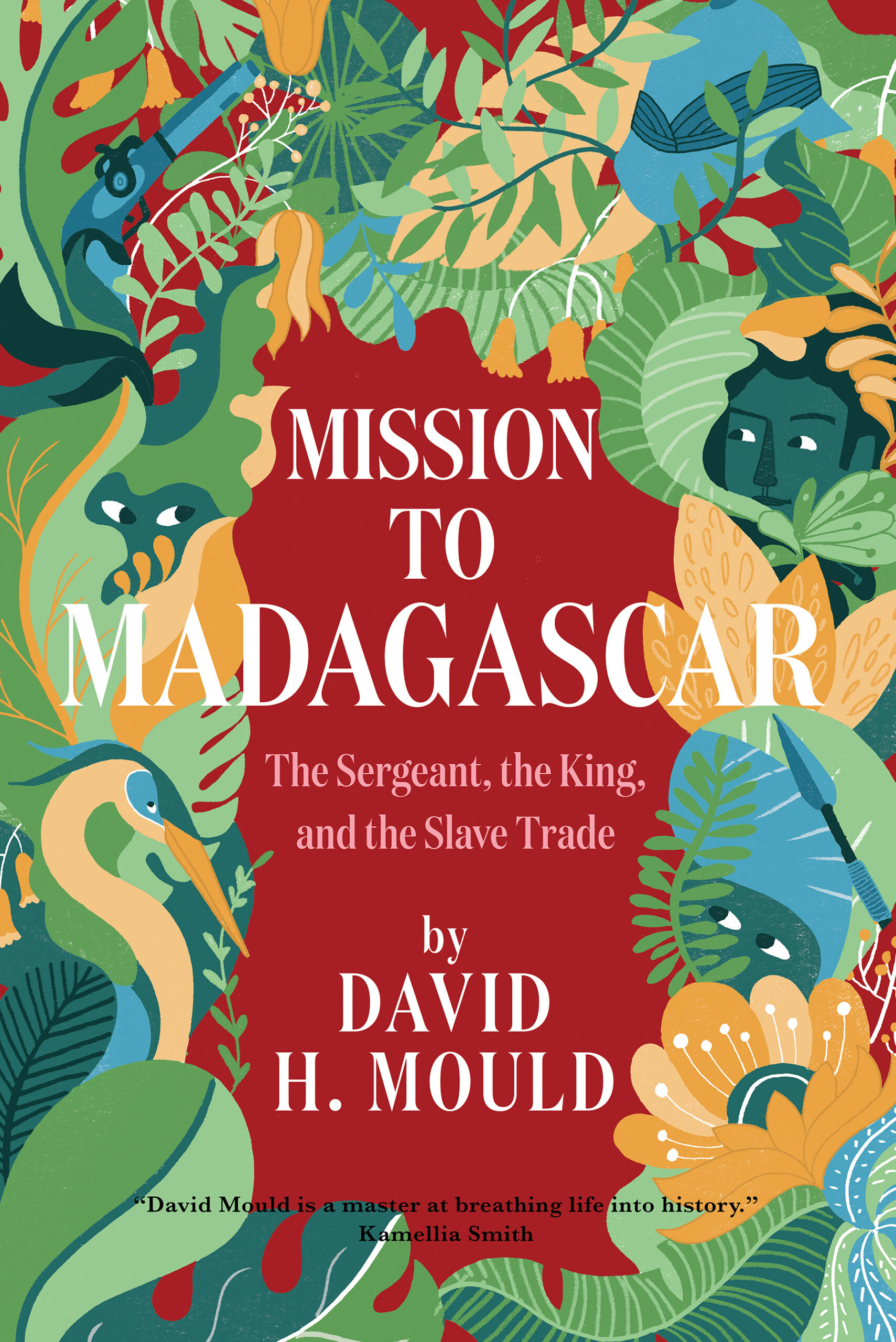
Mission to Madagascar: The Sergeant, the King, and the Slave Trade
by David H Mould
In 1817, a decade after Britain banned the slave trade to its colonies, a 30-year-old East India Company sergeant with no diplomatic training embarked on a risky mission. James Hastie travelled for almost a month from the coast of Madagascar through the tropical rainforest to the central highlands. His mission—to persuade Radama, the young and warlike ruler of the most powerful kingdom on the island, to stop the export of slaves.
Most studies of the slave trade focus on the transatlantic traffic to the United States, the Caribbean and South America. Yet for hundreds of years, a larger trade flourished in the Indian Ocean where Arab traders trafficked their human cargoes from East Africa to the slave markets of Arabia and India.
From Madagascar, slaves were smuggled to the plantations of Mauritius, seized by Britain from France during the Napoleonic Wars. Its governor, the subtle, silver-tongued Robert Townsend Farquhar, was in a tough position, under pressure from London to end the slave trade yet knowing that the island’s economy depended on slave labor. Without the ships to police the sea lanes, he decided that the best strategy was a diplomatic one—to form an alliance with the rising military power in Madagascar.
The relationship between Hastie and Radama would shape the course of history in the southwest Indian Ocean. Hastie lived by his wits as he won the king’s confidence. The intelligent, charming yet ruthless Radama skillfully used the British envoy to assert power over the nobility and his political rivals who profited from the slave trade.
The treaty they forged was a deal with the devil: in return for the slave trade ban, the British trained Radama’s army and supplied muskets and gunpowder, allowing the king to expand his dominions, while turning a blind eye to the internal slave trade. Hastie became the British agent in Madagascar, and a trusted advisor to Radama, accompanying him on his military campaigns and introducing social reforms, until his untimely death in 1826.
Mission to Madagascar is based on Hastie’s unpublished journals, one of them recently discovered, and other primary sources, including letters and political and military dispatches. The journals from 1817 to 1825, archived in Mauritius, London, and the U.S., weave a narrative of hazardous travel, byzantine court intrigue and colonial geopolitics, and offer the most comprehensive early 19th century account of Madagascar, its landscape, crops, industry, commerce, culture, and inhabitants.
David became fascinated by Madagascar’s history and culture after making five trips between 2014 and 2017 for a UNICEF research project. Unable to travel for more than two years because of COVID, he decided he wanted to tell someone else’s travel story. He describes his research on Hastie as “like a large jigsaw puzzle, where the pieces never exactly fit” but ultimately “a thrilling and rewarding historical journey.” This is the first biography of a man whom Sir Mervyn Brown, a former UK ambassador and historian of Madagascar, described as “one of the most important and attractive figures in the history of Anglo-Malagasy relations.”
On Writing
by Cameron Alam
Once upon a time, I thought historical fiction was written the way a house is built, brick by brick, word by word, the author using her mortar of craft to adhere words together into sentences, sentences into paragraphs, paragraphs into chapters as the story is formed. When I sat down to write my novel and thought I might find comfort building up a story from stacks of research, my actual experience was… uncomfortable. Those first bricks were heavy. With glistening brow I laid them down, used a level, repositioned them, made them straight, spread on mortar, added more. The work felt tedious. When I paused and stepped back to observe my early writing, what I saw was as dense as a brick wall.
I wasn’t the only one. When I handed my first chapter to a trusted friend, she returned after reading it and said, “I cried with joy, because you are writing your book!” And then she delivered the critique I had asked for. The scene felt compressed, condensed like a short story might be, as though I had bound my sentences together tight so as not to waste my readers’ time. “Waste our time!” she urged. “Allow your words to take up space.”
For a while after her observation, I soaked in hot baths in place of writing. I was intimidated by the thought of my words taking up space. During one of those contemplative baths, while I was lost in steam, I heard a voice. Not the voice of one of my children searching for me, nor my husband wondering when dinner would be ready. Another voice, just as palpable. I recognized it immediately, as though it belonged to a kindred spirit. It was the voice of my protagonist’s older brother. He wasn’t talking to me. He was simply talking…and on and on. I wondered if he had been waiting for someone all this time. Or if his words had been echoing in the ether over the past two centuries and in my meditative state I had picked up some obscure signal which allowed me to listen in. I wondered why it wasn’t her, my central character, the young woman I was aching to know, to better understand as I observed her through the obscuring mist of generations. Where was her voice? Was it as bound-up as mine? Whatever the reason for her silence, once I heard her brother’s voice, I could not unhear it. It filled me with wonder. And answers. Here was someone unapologetically willing to take up more than a little space with his own words.
When I took up my pen again and returned to writing with fervor, I knew historical fiction need not be written like a house is built. It need not begin ground-up from research, in a methodical fashion, brick by brick, cemented together for stability with no room for the author’s own voice. I felt considerably more like a sculptor or a whittler, considering a lump of clay or a piece of wood, than a builder. I could see the outline of the form hidden inside. I could hear it, thanks to my protagonist’s older brother. And once that hidden form was revealed to me, she finally revealed herself too, my protagonist, as though she had been waiting for that moment when I would push aside the sense of obligation to build brick by brick and lose all concern for wasted time. A writer’s words, my words, I learned through what she revealed to me, are the gift we are given to draw life from story.
Twenty Fingers for One Dollar
By Kate Mueser
“So, is it autobiographical?”
Those who know me well will ask that question when they read my debut novel, The Girl with Twenty Fingers, about an American used-to-be pianist in Germany who plays Mozart’s works for piano four hands with an elderly German man.
“Absolutely not!” I would reply.
“But Kate,” they would argue, “You also used to be a pianist and lived in Germany.”
“True,” I would have to concede. “But unlike Sarah, my protagonist, I never bombed a performance of Mozart’s D Minor Concerto. In fact, many years ago, I did play his C Major Concerto with an orchestra and had no major complaints from the audience.”
“But didn’t you once tell me about playing the piano with an elderly German?”
Ah yes. The initial inspiration for The Girl with Twenty Fingers was indeed rooted in reality, even if the book itself is fiction.
When I was twenty-two years old and moving back to Bonn from the US after spending several months there the previous year, I needed a place to stay temporarily while I looked for an apartment. Through the pastor of a local church, I was connected with an elderly couple at the far edge of town, whom I’ll call Herr and Frau S. The pastor knew I had a degree in piano performance, and the couple had a grand piano and an extra room. It was a perfect match.
I arrived late one January night, stepping out of the taxi with a large suitcase holding all of my belongings, jetlagged from the long flight. The winter chill felt inhospitable after my time in temperate California; the snow on the ground was not fluffy and picturesque but clumped in dirty, icy chunks. A pang of fear and regret struck me: Was I doing the right thing, coming back to this faraway place to start a life? Calling the taxi to take me straight back to the airport where I could catch the next flight home suddenly seemed a lot more appealing.
Thankfully, Herr and Frau S. welcomed me warmly, offered me a comfortable room upstairs, and insisted I share meals with them. Nevertheless, it seemed like there was an insurmountable gap between me and Herr S. in particular — not least the multiple generations that divided us. My German was not yet fluent; he was difficult to understand and acted gruff at times. I was a stranger in a country that was still strange to me.
It took a few days before my fingers thawed enough to try out the piano. While it was not nearly as spectacular as the Bechstein grand in my book, it was a sturdy instrument with a friendly sound.
“Mozart wrote many lovely works for piano four hands,” Herr S. said after I’d spent a few minutes coaxing contiguous notes out of my memory and the keyboard. “Perhaps you’d like to play a few together?”
I knew the Mozart sonatas for twenty fingers quite well; in high school I’d spent several summers at the San Francisco Conservatory working on them as part of their chamber music program for young musicians. As Herr S.’s houseguest, I couldn’t say no.
Our first attempts were awkward. Piano for four hands is an intimate and athletic undertaking. It’s not like playing with a clarinetist or cellist — someone who hides in the crook of the grand piano, someone with whom you share the occasional nod. Piano duets mean bumping bottoms and rubbing elbows; they require inhaling your partner’s aftershave while you overlap your hands to reach the opposite register. Mozart wrote those sonatas for himself and his sister: The two of them were conveniently small in stature and obviously well acquainted with each other. With Herr S., sitting side by side at his grand piano seemed decidedly less natural.
He was, I had deduced while living in his house, well over ninety. His fingers bore the stiffness of age, but he played remarkably well and was familiar with the repertoire. After a few Mozart sessions, his gruffness waned and it became apparent that he was deeply enjoying not just making music, but making it together. It must have been years since he had played with anyone.
What Herr S. didn’t know was that my relationship with music was complicated at the time. My plan to become a concert pianist had not panned out. The classical music world had demanded more than I was able to give and one degree did not suffice. I was angry at my instrument, and I didn’t know what to do with my life. (Yes, ok — admittedly not unlike my protagonist Sarah.)
At times, we would nail the brutal Mozartian runs and bring those piercing second movement melodies to sing. But there were also stumbles on the scales, the pianissimos that didn’t sound at all, the rests that were miscounted. For mistakes like those, I would have been yelled at at music school. With Herr S., there was plenty of grace. Experiencing his joy in the imperfect music we made was refreshing and healing.
After two weeks or so in the spare room upstairs, I signed a lease on an apartment a block away from the center of Bonn and was looking forward to getting out of the distant suburbs and into the city. Before I packed up my suitcase and stripped the bed, I asked Herr S. whether I could pay him for room and board. A fee hadn’t been part of the arrangement, but I didn’t want to commit any cultural faux pas.
“Yes,” he said, “Yes, you can.”
For a split second, I was concerned. Had I misunderstood something? Should I have paid in advance?
“It will cost you one American dollar,” he said stoically.
Relief! I was glad my language skills hadn’t failed me after all, but still unsure whether he was joking or serious. Fortunately, I still had a green dollar in my wallet, which was otherwise populated by colorful euro notes.
He accepted my dollar with a kind laugh and asked, almost bashfully, “Maybe you’d like to keep playing together?”
As so, for the following year, I hopped on the bus every two weeks for the long trek out to the edge of town. Frau S. baked a different cake each time and Herr S. and I would play Mozart until we were out of breath and then chat over coffee, creamer, and homemade dessert.
I never found out what Herr S. did during the Nazi period. Because he is not Otto Steinmann and I am not Sarah Johnson, Herr S. gave me no past to unravel. Instead, we talked about Bonn, that little city on the Rhine that played such a big role as a Cold War capital and reinvented itself after Reunification. About raising kids and not seeing grandkids often enough. About rising prices and the nice little bakery around the corner, the only one for kilometers.
My visits with Herr and Frau S. became for me a window — however unsettling — into the future: We all get older; we all eventually get old, as unimaginable as that was at twenty-two. Our meetings were also a window into a culture and a language that I was only beginning to get to know. Two people may not be a whole country, but each country is comprised of single souls. Now, twenty years later, I am married to a German and mother to three more and have since become more German than I’d ever planned to.
Most importantly, my friendship with Herr and Frau S. taught me to see music more simply. It could be something to casually share with others; neither was it confined to a practice cubicle nor was it worthless without a stage. Music could be a hobby that could last forever, well into old age. I did not have to become music’s eternally bitter divorcée at twenty-two. And maybe music and I didn’t have to become lovers at all. Maybe we could just stay friends. Forever, like Herr S.
After about a year of biweekly bus trips to the grand piano on the outskirts of Bonn, I started working more, picking up additional classes as an English teacher. I could no longer keep up the commitment. At the same time, Herr S.’s health declined. While we kept in touch, the Mozart scores were closed and shelved. It was time to move on.
When Herr S. passed away several years later, the pastor who’d brought us together asked me to play something at his funeral. I chose one of the Mozart sonatas for four hands that we had played together in his living room but performed only the primo part. The piece was half empty, void of its roots. The secondo solo bits were replaced with gaping holes. Sometimes silence speaks louder than music.

